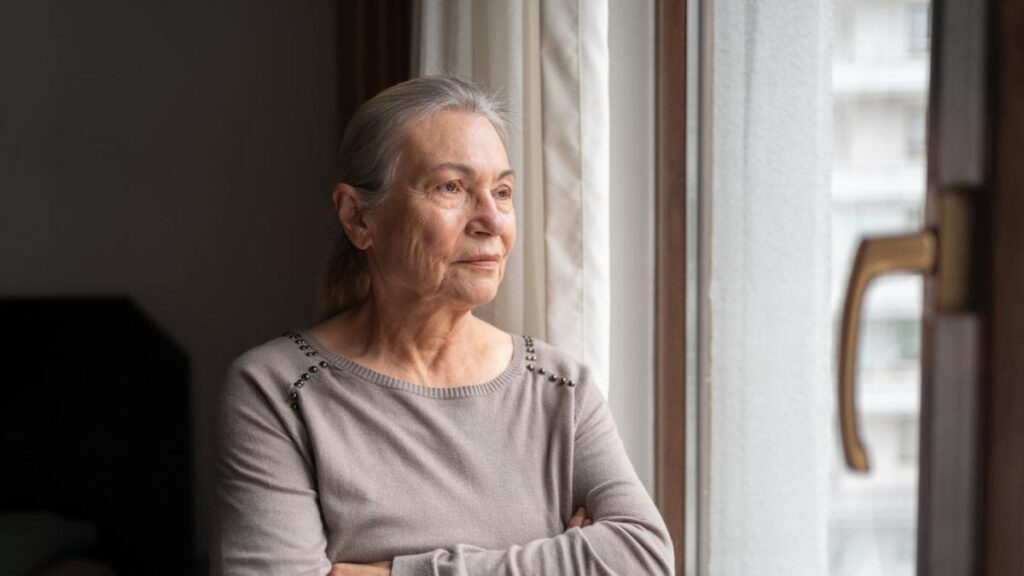Dementia is a debilitating condition that affects a significant proportion of older Americans, with about one in ten individuals over 65 diagnosed with the disease. Despite its widespread impact, the specific factors contributing to the onset of dementia have not been fully understood. Recent research published in JAMA Network Open has shed light on a possible risk factor: falls. This finding suggests a potential link between experiencing a fall and the subsequent development of dementia, prompting a reconsideration of how falls are perceived in the context of cognitive health in older adults.
The study in question analyzed data from over 2 million older adults who had sustained traumatic injuries. Researchers found that more than 10% of individuals who had fallen were diagnosed with some form of dementia within a year following the incident. This correlation indicated a striking 21% increased risk of receiving a future dementia diagnosis for those who had experienced falls. Given these findings, the researchers recommend that individuals over 65 years old who suffer a significant fall should undergo dementia screening, as early detection may be crucial for managing their cognitive health effectively.
Neurologists provide additional insights on this topic, noting that while there is a statistical link between falls and dementia, the relationship is intricate. Dr. William Hu, a cognitive neurologist, emphasizes that dementia typically does not onset acutely as a direct result of a fall. Instead, many individuals with dementia may already exhibit balance issues, making them more prone to falling. Consequently, a fall might simply act as a catalyst for health professionals to identify underlying cognitive problems that were previously unnoticed. Additionally, Dr. Clifford Segil points out that a serious fall causing loss of consciousness may lead to structural brain changes that could exacerbate existing memory loss, although establishing a direct cause-and-effect relationship remains complex.
As the risk of falls remains a significant concern for older adults, preventive measures can be adopted to mitigate this issue. Dr. Hu recommends addressing various postural and orthopedic factors that can contribute to falls. Engaging with a trainer who specializes in exercises tailored for seniors can enhance physical strength, balance, and stability, decreasing the likelihood of falls. Furthermore, practical safety measures such as wearing suitable shoes, securing rugs, decluttering living spaces, utilizing nightlights for safer nighttime navigation, and allowing extra time for errands can greatly reduce fall risks.
In addition to these proactive strategies, it is essential for individuals and their families who may be concerned about fall risks to consult with healthcare providers for personalized assessments and advice. Medical professionals can help identify specific vulnerabilities and recommend targeted interventions based on individual health profiles. By fostering an environment that prioritizes fall prevention and cognitive assessments, older adults can maintain a higher quality of life and potentially mitigate the risks associated with both falls and dementia.
In conclusion, the emerging link between falls and dementia reflects the need for a comprehensive approach to elderly care. As older adults navigate the physical challenges that come with aging, understanding the risks associated with falls is critical. By closely monitoring the relationship between falls and cognitive health, implementing preventive measures, and encouraging timely screenings for dementia, both healthcare providers and family members can work together to support the well-being of older adults. This collective effort is essential in addressing the complex interplay between physical safety and cognitive function, ultimately striving to improve the lives of those at risk for dementia.

